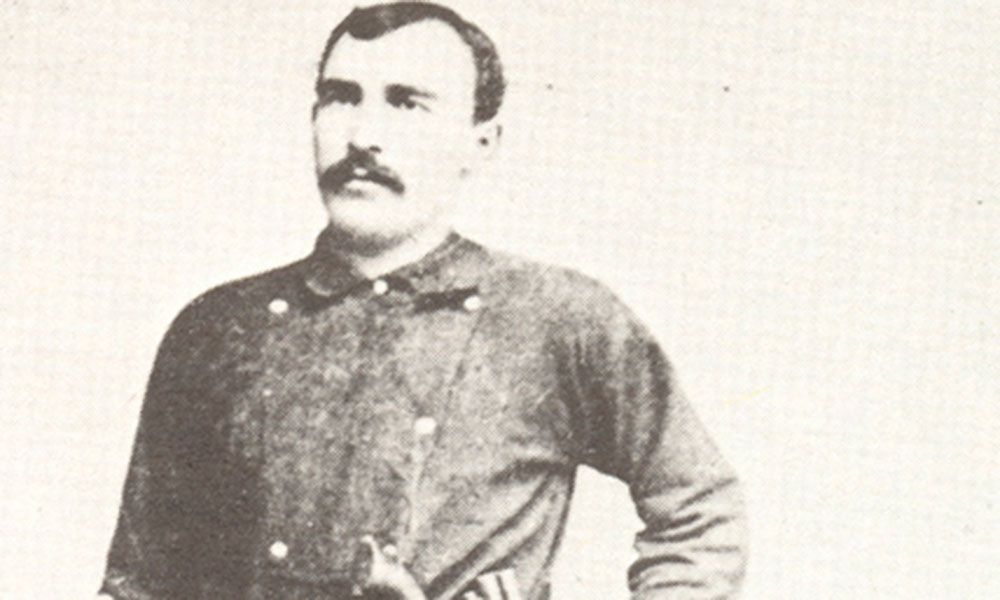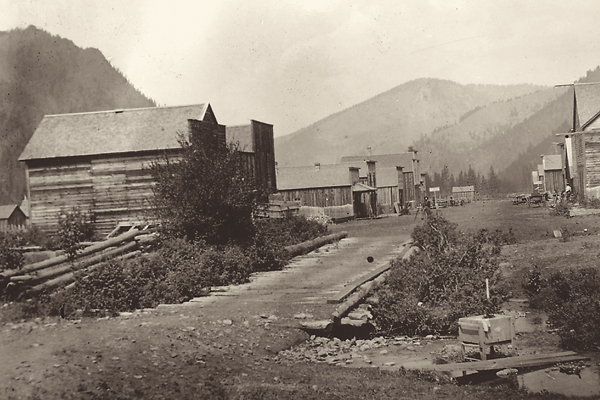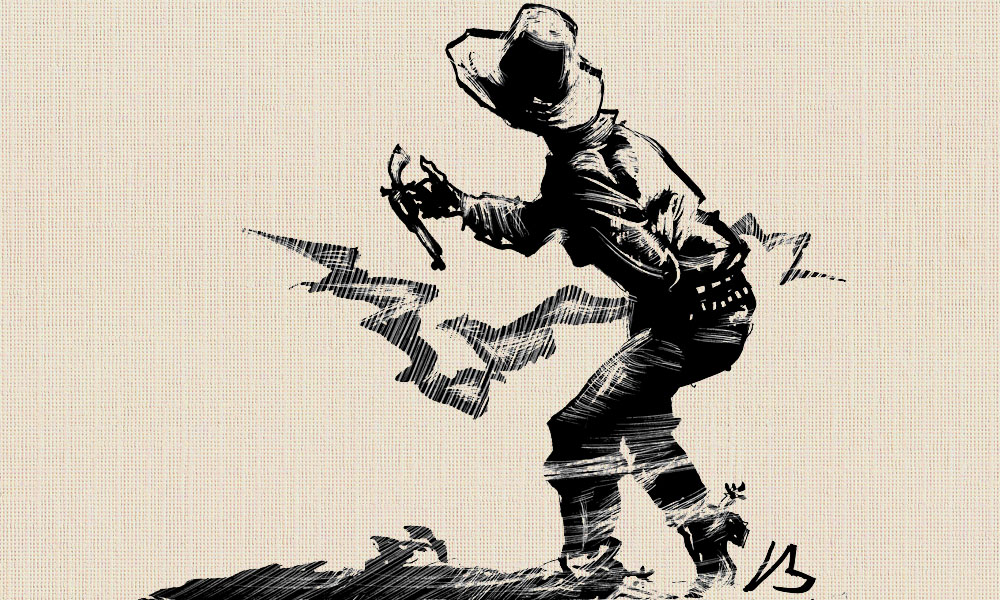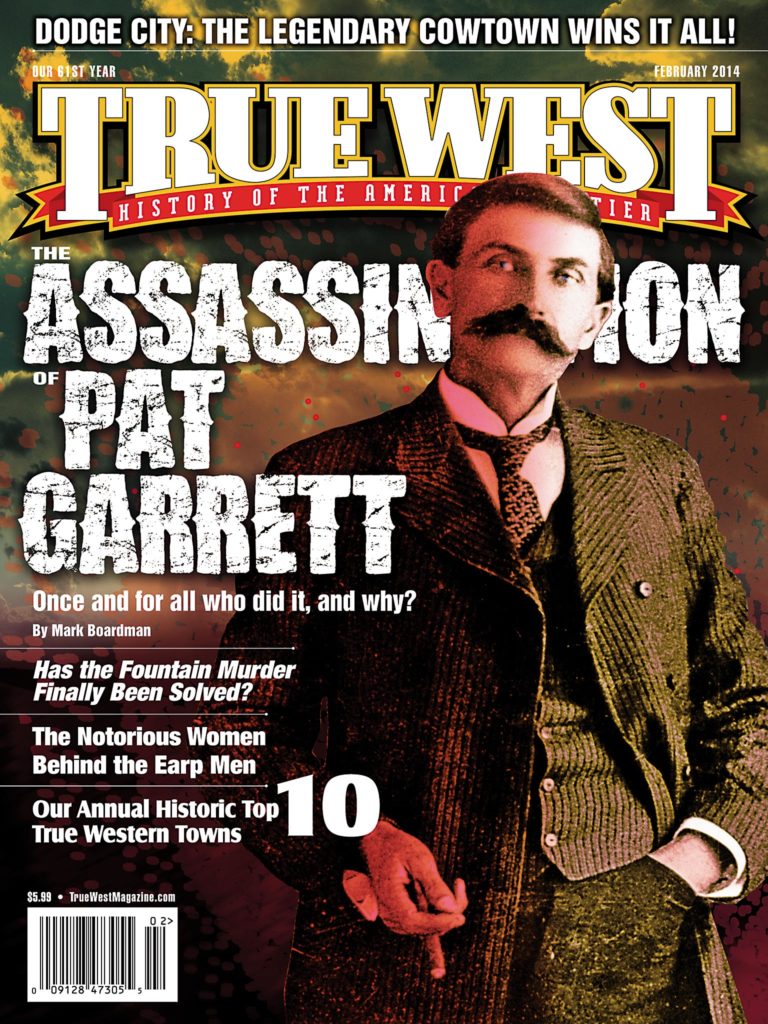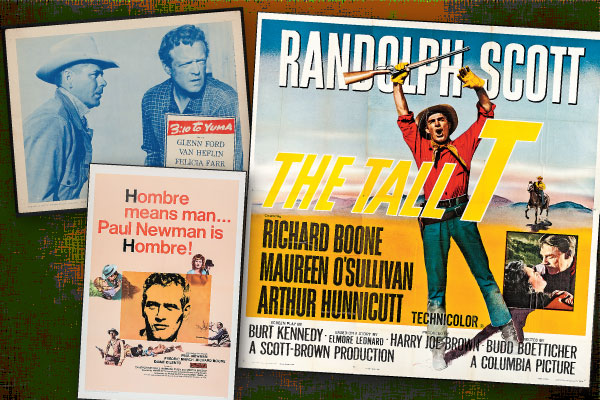 I had shaken Elmore Leonard’s hand three times, twice at book signings and once on a movie set, years before I wrote him a letter in 2008 and asked if he would be a part of a book I was putting together for McFarland called The Westerners: Interviews with Actors, Directors, Writers and Producers.
I had shaken Elmore Leonard’s hand three times, twice at book signings and once on a movie set, years before I wrote him a letter in 2008 and asked if he would be a part of a book I was putting together for McFarland called The Westerners: Interviews with Actors, Directors, Writers and Producers.
He was a hero, and I had dreams, but little real hope of getting Leonard to talk about some of his best
work for my project. Then he called, full of enthusiasm and ideas. Not only did we have a great conversation, but after the publication of my book in 2009, his support continued with mentions on his website and another interview. Nothing is
worse than when our heroes disappoint, and nothing is better than when they exceed expectations.
Like his greatest books, I knew Leonard wasn’t going to disappoint, but he really went the distance, stealing time from his busy schedule to lend a helping hand to a newbie. That’s old-world class, and it is seldom seen anymore.
Naturally, he was working on a new book when he died on August 20, 2013. I regret that I never got to reconnect or personally thank him for his Raylan, his excellent novel that tied directly to FX’s Justified series,which he created. But I was incredibly fortunate to grab a little bit of his attention, and that’s good enough for me.
And yes, I saved all his phone messages.
The following excerpts of Leonard’s statements are taken from the chapter “Elmore Leonard: The Master’s Touch” in The Westerners.
Breaking Into the Business:
Well, it was a wonderful market. Everybody was buying short stories. I mean, you had all the pulp magazines and there were probably a good half dozen good ones. The better ones were like Zane Grey’s Western and Dime Western. They paid two cents a word, and most of the others did, but a few would try and charge you like a cent or a cent and a half, or something. Just to save money. So, we had all the pulps. We had magazines like Collier’s, Argosy, and they’d call us wanting stories, so the market was terrific and they were making a lot of pictures, so I was aiming at the Hollywood market, right from the very beginning. I learned how to write that way.
The Tall T:
I thought it was wonderful. I really liked it because they stayed right with the story. There weren’t any asides that I noticed. [Richard Boone] stayed right with the dialogue. You mentioned that the type of villain in these stories was often more charismatic than the hero. Well, I think many of the actors were; Richard Boone made the part.
3:10 to Yuma:
At the end, Glenn Ford pushes Van Heflin onto the baggage car and lands on top of him and says, “I’ve escaped from Yuma before.” Because he’s the star, so they gave him that, you know. Kind of a fun ending. But in my short story, my guy pushes the guy aboard onto the train and that’s it. Knocks him down. Because it’s more realistic. I wanted it to be realistic. In the new one, they had that ending, with the whistling for the horse. But the actors were good.
Selling Paperbacks to the Movies:
Well, I wasn’t making any money though. Finally, Hombre sold for $10,000. I’m still down; they’re just paying me what they have to, but what’s the book doing? Nothing.
Racial prejudice and Hombre:
It gives me a chance to write a story with that as an overtone. And Hombre used it in the movie, how they make him ride on top on the coach. That’s the idea. That one girl who had been taken by the Apaches and held by them for so long, she can’t stand them and she’s like that all through the book. Real hatred. One of the best examples is the wife on the stagecoach, and she won’t attempt to understand the Apache. She won’t face it.
Joe Kidd:
Eastwood had shot Dirty Harry, but it wasn’t released yet, when he called me up and one of my sons answered the phone and said, “Dad, it’s Clint Eastwood.” So they all ran for another phone and I could hear them fighting for the phone on the extension, and Eastwood said, “Dirty Harry is going to make an awful lot of money. I want one just like it. A guy with a gun, only different.” And he said, “And I want to own it.” That’s the thing, he didn’t own Dirty Harry. So I thought of one that night and I called him the next day and told him the gist of the story. These guys who come in to burn all the wreckage who are kind of revolutionary, and they want their land back, and Joe gets caught in the middle. And he liked it. I don’t think it was cast very well, although I think Robert Duvall was very good in it. It wasn’t a good picture at all. The train ending was John Sturges’ idea. I had nothing to do with it. That was one of his outtake ideas from The Magnificent Seven. Another was when Eastwood was in the bell tower and dropped [a clay pot], and hit the guy on the head. Sturges liked the stuff he couldn’t use in his other movies, so he put it in.
Sam Peckinpah and Forty Lashes Less One:
Peckinpah and I weren’t a good fit. His idea of humor and mine are opposite. I forgot what movie [The Killer Elite], when a guy gets in a car with another guy and the guy says, “Well, did you see her?” “Yeah, I took her out. I saw her.” Because it was this guy who was driving had suggested he go out with this girl and then he says, “You had a good time, huh?” And then he tells the guy who had the date that the girl has gonorrhea and he howls. He thinks that’s pretty funny. That’s not my type of humor.
Back to television with Desperado:
Universal Television asked me if I would develop a character for them. And so then I called Walter Mirisch and said, “You want to produce this?” And he said, “Sure. Let’s do a Western.” I wasn’t thinking about a Western, and I said, “All right, we’ll do it.” So I thought of this guy who maintains a herd of cattle not too far from a mining town and he supplies the company with beef. That was it. After the first movie, it ran, what, five episodes. I had nothing to do with those, but some were pretty good. TV Westerns, but pretty good.
Last Stand at Saber River:
The novel is possibly a little drawn out, probably slow in places. I wrote that when I was just learning, in the ’50’s, but that’s when I’d get up at five and write for two hours before going to work. And that really helped. But they took that book, and I thought they did a nice job of it.
On Gunfights:
If you want to shoot somebody, you go into the saloon where he’s having a drink and you shoot him, and you turn around and—you can always miss, or hit him not in a vital spot, and the guy fires back at you and pretty soon you’re in a gunfight…. But nobody stands in the middle of the street.
The Voice:
Richard Boone was the first one who nailed the sound of me, the same sound I heard when I was writing it, and I couldn’t have hoped for a better actor for that part. But there have been others since then. George Clooney, and all those people, that I thought they were right in character.
C. Courtney Joyner is a screenwriter and director with more than 25 produced movies to his credit. The excerpts shared here are from: The Westerners: Interviews with Actors, Directors and Writers © 2009 C. Courtney Joyner by permission of McFarland & Company, Inc., Box 611, Jefferson NC 28640. www.McFarlandPub.com


